By C. T. Smith
Born to formerly enslaved parents, Henry McDaniel, a WWI veteran; and Susan Hobart, a travelling gospel singer; Samuel Rufus McDaniel was one of thirteen children. All of the McDaniel children were talented. Samuel’s younger sister, Hattie, was the first African-American woman to win an Academy Award. Etta McDaniel was a famous actress, as well.
What peaked my interest about Samuel McDaniel, in particular, was his appearance on the acclaimed series I Love Lucy in the episode entitled: “The Great Train Robbery.” He was the only African-American actor to appear in the show’s history. In the scene, Lucy and Ricky are looking for the brooding figure: a suspected jewel thief. They stop on the train platform and encounter McDaniel, dressed as a porter. Ricky calls him “boy,” in his inquiry about McDaniel answered: “No, sir.” It shocked me to see it; it shocked me to hear it. But that was common during that time. The episode first aired in 1955. It wasn’t his role.
McDaniel also appeared as a butler, waiter, or doorman in the following films: The Public Enemy, Ma and Pa Kettle, and The Egg and I, and Captains Courageous. Samuel also had a recurring role on the classic television show The Three Stooges as Spiffingham the Butler. The majority of roles available to African American actors were as domestics, farmers, butlers, nannies or brutes.
Samuel McDaniel began his career in a minstrel entertainment troupe with his brothers and sisters. The family relocated from Kansas to Colorado, first in Fort Collins then in Denver, which was a critical location. It provided the troupe excellent access to the stages and tours occurring in California.
Akin to success, Samuel made the move to Los Angeles to facilitate a radio show on KNX. Sisters Etta, Orlena, and Hattie would eventually follow. Although not much more is known about his career, his career had a significant impact on his younger sisters. He was tenacious and preserved in a hostile Hollywood.
It would seem that Samuel McDaniel, when not on screen, acted as a facilitator ushering in African American actors to the stage and the screen. At the end of his career, Samuel McDaniel appeared in over one hundred films and was a pioneer in the fields of radio and vaudeville. His sisters went on to champion the field of theater and film; they are even said to have funded factions of the civil rights movement.
The McDaniel family was one of the first and most successful African American family in early Hollywood. In 1962, Samuel Rufus McDaniel died of complications of throat cancer.
Sources: http://collections.oscars.org/link/bio/89 and http://www.imdb.com/name/





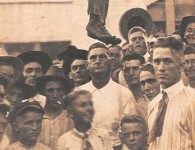
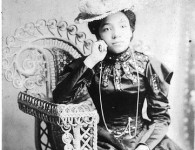


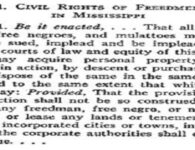






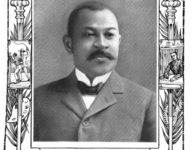
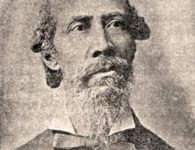
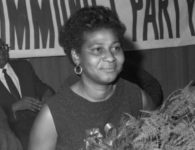
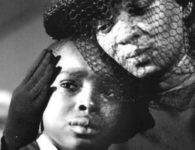

No comments